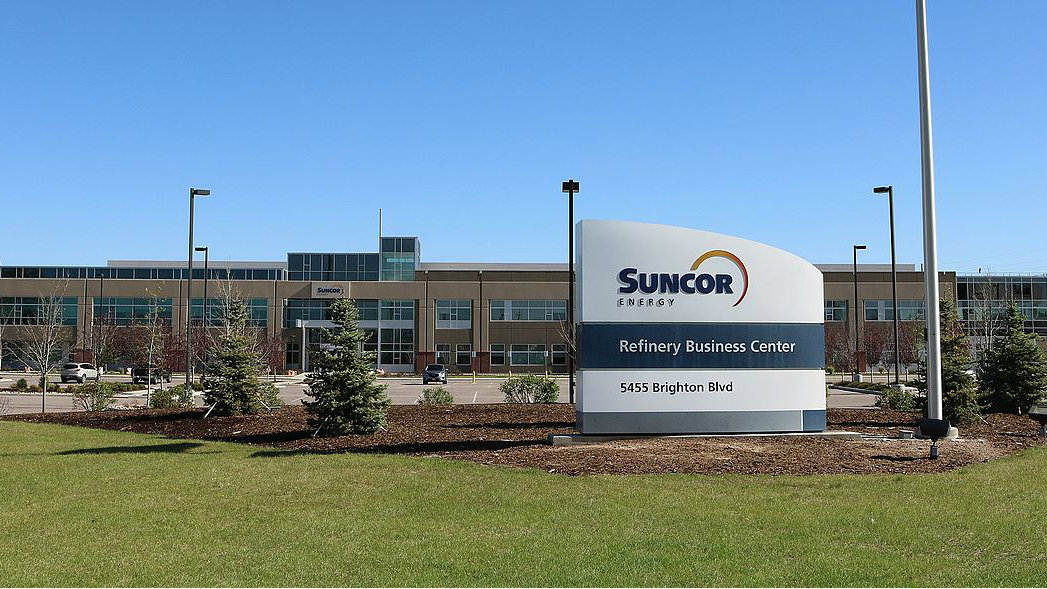Young Canadians are searching for ways to set some money aside for the golden years.
This isn’t new, as people have always prepared for retirement, but the situation for millennials is somewhat different than it was for their parents or grandparents.
In the past, most new graduates found good full-time jobs right out of school, and the positions normally came with generous benefits, including a pension plan. Today, such jobs still exist, but they are less common, and young people often have to take on a series of internships or contract positions before they land a permanent gig.
When the dream job finally arrives, the benefits can vary widely, especially when it comes to a pension. Defined-contribution plans are replacing defined-benefit programs, thus shifting the risk on to the shoulders of the employee.
In addition, young people who manage to buy a house in the current market shouldn’t expect to see the value increase the way it did for their parents. Depending on the city, there is a chance a home purchased today might not be worth more in 15 or 20 years.
Fortunately, young Canadians have a savings tool that wasn’t available to their parents at the same age. It’s called the Tax-Free Savings Account (TFSA).
Millennials can buy dividend-growth stocks inside the TFSA and invest the distributions in new shares to take advantage of a powerful compounding process. Over time, a modest initial investment could turn into a large nest egg, and when you decide to cash out, all the gains are yours to keep.
Let’s take a look at Suncor Energy Inc. (TSX:SU)(NYSE:SU) to see why it might be an interesting pick.
Integrated business
Suncor is known as an oil sands company, but it also operates refineries and more than 1,500 Petro-Canada retail locations. These downstream assets provide a nice hedge against difficult times in the oil market and are a key reason Suncor’s stock held up so well during the rout.
Growth
Suncor took advantage of the downturn to acquire strategic assets at discounted prices, including the purchase of Canadian Oil Sands, which gave Suncor a majority position in Syncrude. Suncor also used its strong balance sheet to push ahead with large developments, including Fort Hills and Hebron, which were completed in late 2017.
Dividends
The new assets are ramping up production, and output should continue to grow for years. As a result, revenue and cash flow are expected to increase, providing support for dividend hikes. Suncor already raised the payout by 12.5% for 2018. The current distribution generates a yield of 2.8%.
Returns
A $10,000 investment in Suncor 20 years ago would be worth more than $110,000 today with the dividends reinvested.
Should you Buy?
There is no guarantee Suncor will deliver the same performance over the next two decades, but the company remains an attractive pick, and the strategy of owning dividend-growth stocks and investing the distributions in new shares is a proven one.









